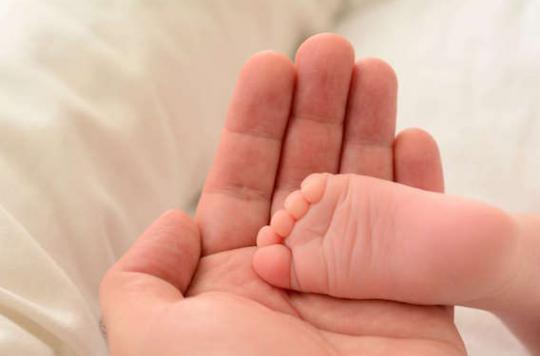The Nantes TGI ordered the transcription on the civil status registers of the birth certificates of three children born by GPA abroad.

The decision is sure to revive a very sensitive debate. In Nantes, the tribunal de grande instance (TGI) has just ruled in favor of three families, who wished to have their baby born abroad recognized in France by surrogacy (surrogacy).
The TGI thus ordered the transcription on the civil status registers of the birth certificates of the three children, born in Ukraine, India and the United States. The TGI also condemned the prosecution in each of the three cases. He will have to reimburse 1,000 euros for legal fees to the applicants.
“Best interests of the child”
Indeed, during the hearing last March, the Nantes public prosecutor’s office opposed the transcription of the acts of these children, taking the risk of being convicted again by the European Court of Human Rights ( ECHR). In June 2014, the European body had already condemned France in two similar cases, related to refusals to transcribe civil status documents for children born by surrogacy in the United States.
In these two decisions, the ECHR recalled the primacy of the best interests of the child over the general interest. At the time, she emphasized France’s legitimacy in banning surrogacy on its territory, but condemned its propensity to undermine the “identity” of children born to surrogate mothers abroad by refusing to recognize them.
Civil Code and pragmatism
For Caroline Mécary, who defends the three families, the decision of the TGI of Nantes is “the victory of the law over the political procrastination which we have seen at the highest level of the State”, she commented, adding that the Prosecutor, “while awaiting instruction from the Chancellery”, stood firm by considering surrogacy as a fraudulent act which violates the rules of the Civil Code.
Last October, Manuel Valls returned to this heated debate by insisting that the recognition of children born by surrogacy would remain prohibited in France, despite the condemnation by the ECHR. “This would be tantamount to accepting and normalizing surrogacy,” he said at the time. But in the courts, and faced with the danger of creating stateless citizens, the courts have decided otherwise.
.














